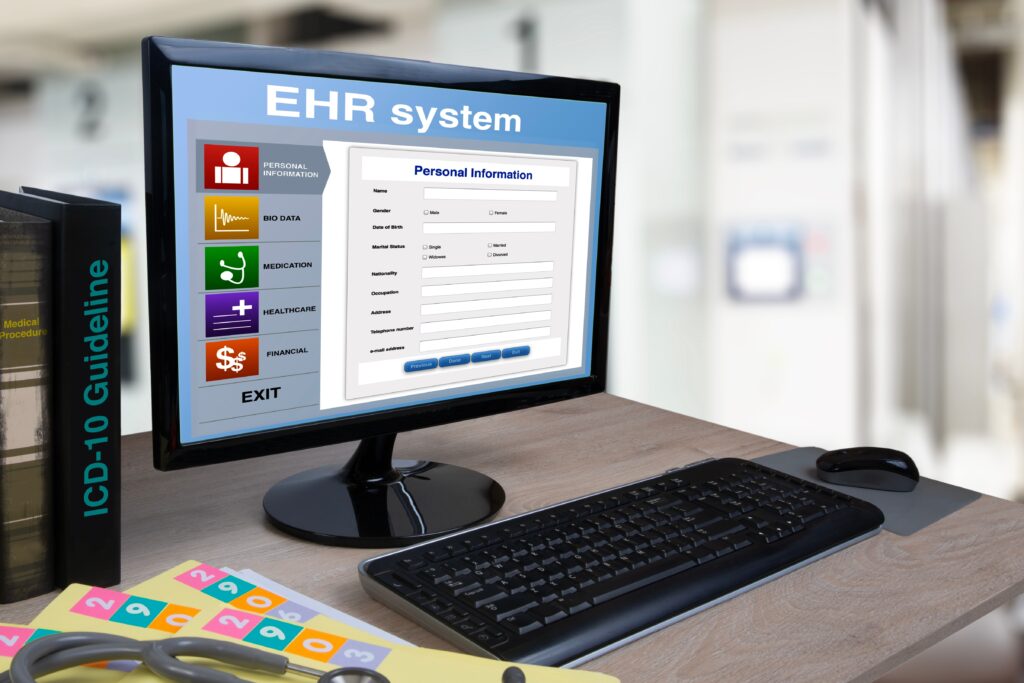Story by Connor Danielowski / June 26, 2025

Behavioral Health Integration (BHI) blends mental health services with primary or chronic care to treat the whole person. Implementing BHI improves access, enhances outcomes, and streamlines care pathways. Here’s how Chronic Care Staffing can assist practices and can make the transition effectively.
BHI embeds behavioral health clinicians—such as therapists, social workers, or care coordinators – into medical settings, enabling warm hand-offs and team-based treatment plans. This model reduces care fragmentation and improves engagement. Research from AHRQ and SAMHSA confirms that integrated teams reduce stigma and improve access compared with separate behavioral health referrals.

Successful integration requires that leadership invests in staffing, training, and workflow redesign. Practices must align resources to support behavioral health roles and establish shared goals across the care team.
Define clear protocols for:
Ensure EHRs support shared care plans, clinical notes, and outcome tracking. Telehealth platforms should enable virtual collaboration and coordination. Secure messaging helps behavioral staff consult immediately with medical providers.

Train all team members on their roles in BHI workflows: medical providers for screening and hand-offs, behavioral clinicians for assessment and intervention, and care managers for follow-up. AMA emphasizes that detailing every task upfront helps avoid process breakdowns.
Chronic Care Staffing can help you set metrics such as:
Use CMS and commercial payers’ BHI billing codes. BHI is currently a reimbursable program for Medicare and Medicare Advantage patients, utilizing CPT code 99484. The national average reimbursement rate for 2025 is approximately $54. Ensuring proper coding and documentation is essential for financial sustainability.
Apart from clinical value, integration:
Chronic Care Staffing helps practices integrate and operationalize BHI by offering:
Our team acts as an extension of your practice, easing administrative burden and enhancing care delivery. We also support Chronic Care Management and Remote Patient Monitoring – learn more on our Chronic Care Management services page and RPM support page for how integrated support can span clinical and behavioral needs.
Implementing integrated behavioral health takes planning and investment, but the evidence shows it improves access, outcomes, and revenue – while delivering whole-person care. With Chronic Care Staffing as your partner, you can build a seamless BHI program aligned with your existing services and patient needs.
